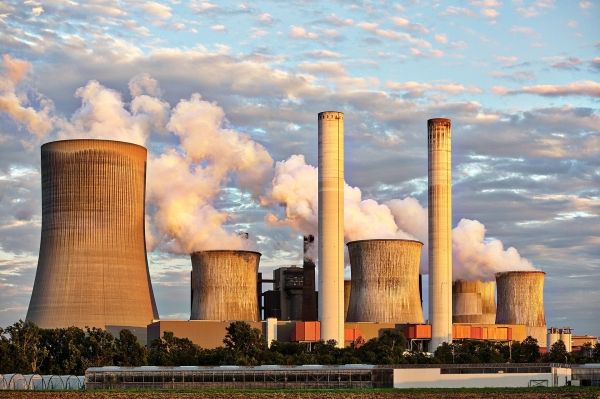Countries across the globe have been struggling to deal with the impact of Covid-19 and its accompanying economic slowdown. As economies “build back better,” it may be an opportune time to introduce carbon pricing to tackle climate change, according to Princeton University policy research.
While endorsed by many economists, carbon pricing has been slower to gain traction because of its potential to shock economies and the difficulty of securing political support for increasing taxes. However, fuel prices are already low and people are buying fewer goods and traveling less, so there could be greater benefits to introducing or strengthening carbon prices, the authors argue in the journal Climate Policy.
Carbon pricing — whether in the form of taxes or emissions trading — is an economic approach to account for the environmental costs of emitting greenhouse gases from burning fossil fuels. Carbon taxes typically apply to the producer with increased costs ultimately trickling down to any activity using carbon. For example, oil-extraction companies would be taxed, adding costs to any process that involved burning oil. Emissions-trading schemes set some cap on emissions and permits to emit are traded, but the number of total permits available correspond to that cap.
Read more at: Princeton University
Photo Credit: Benita5 via Pixabay


